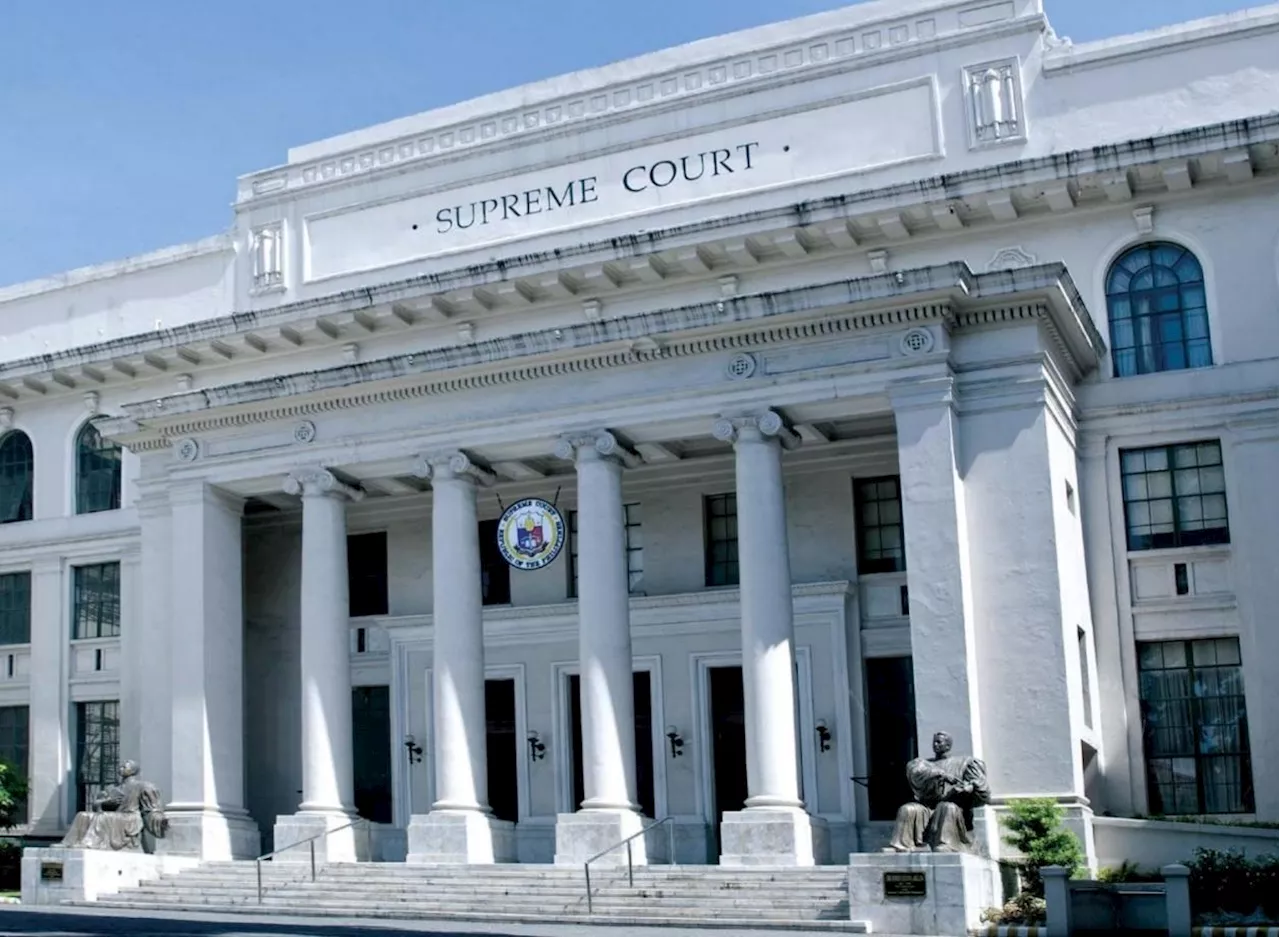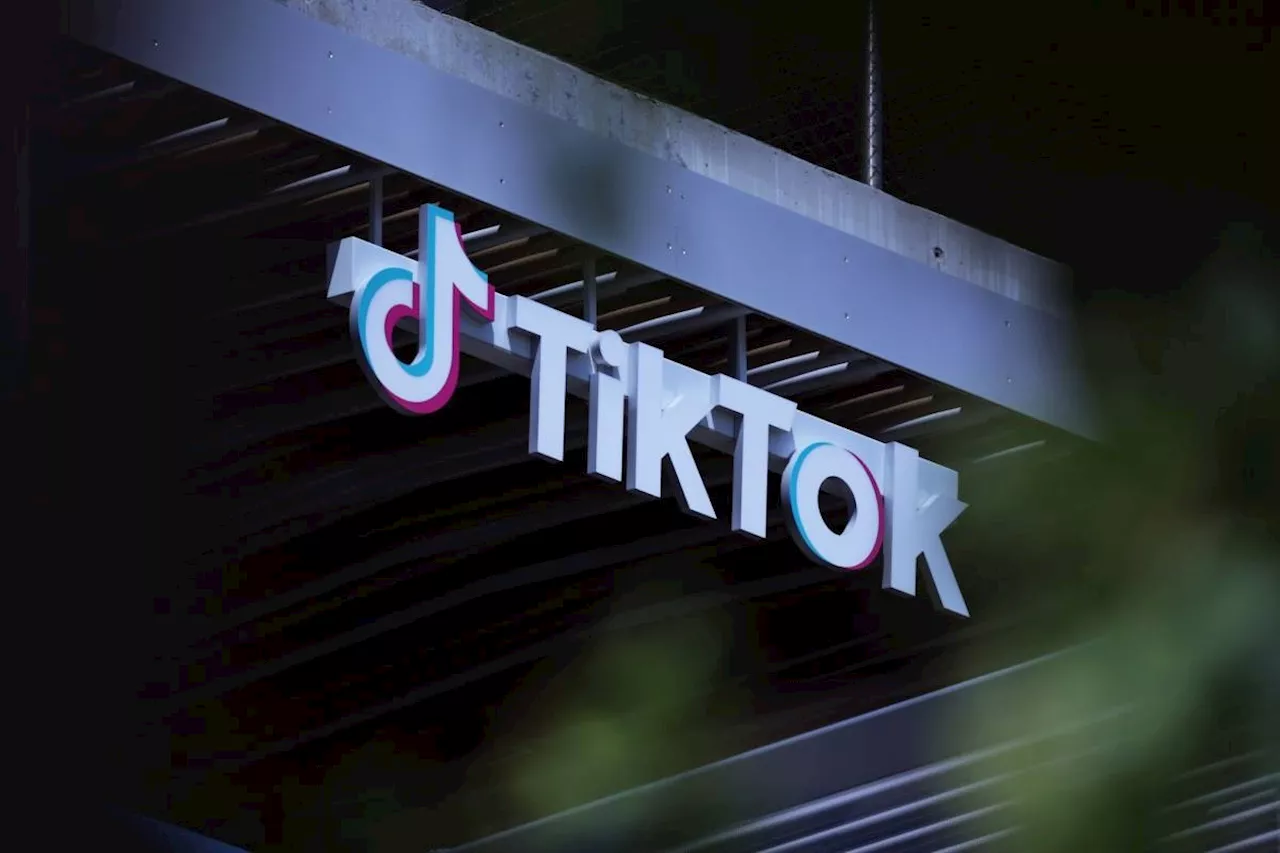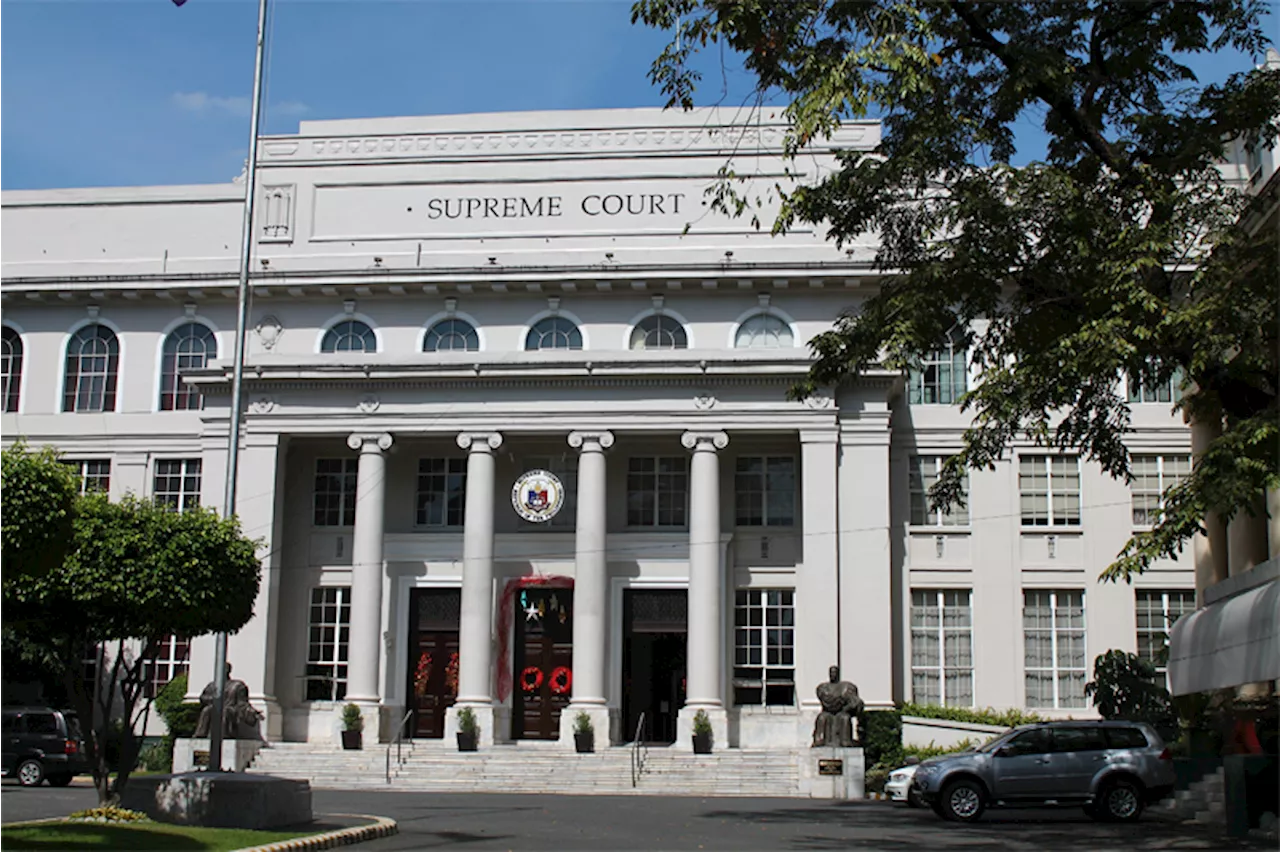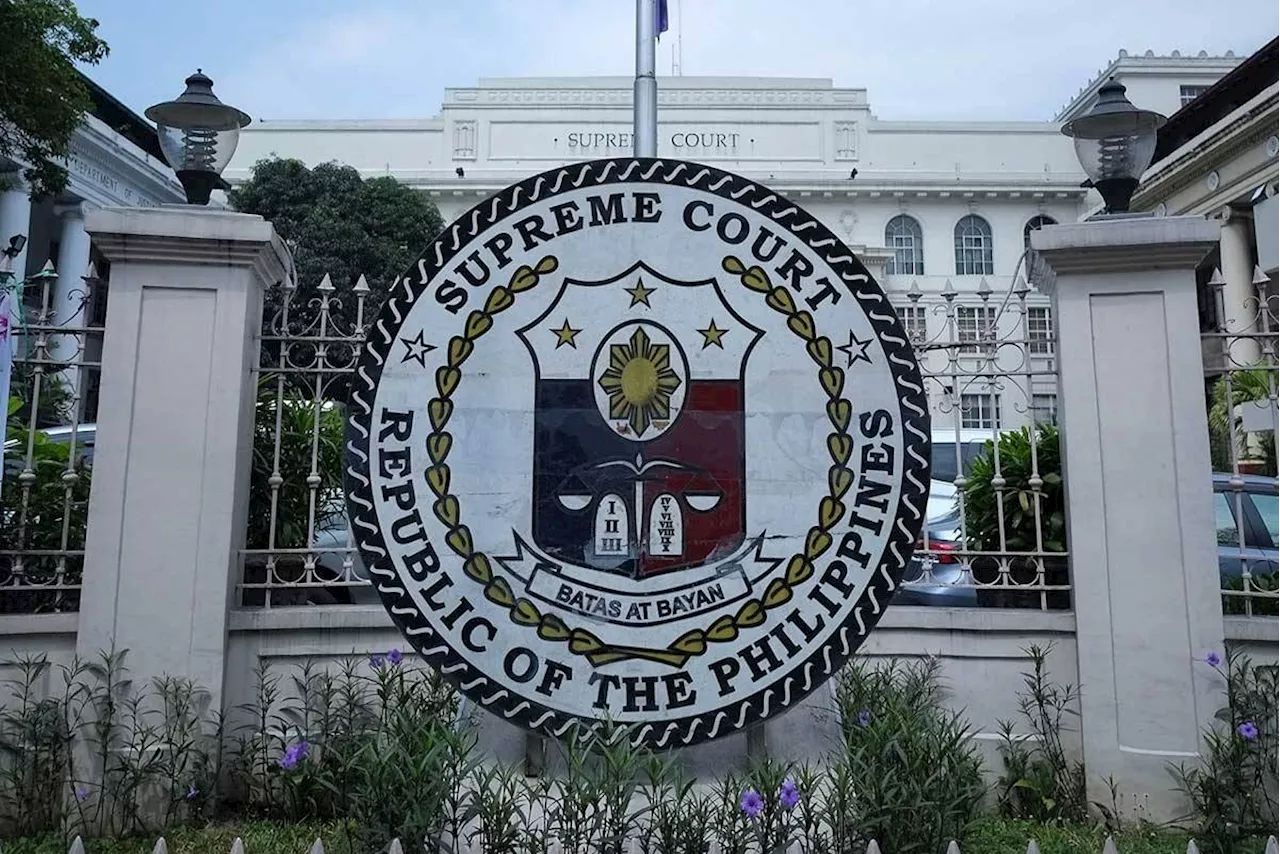The Supreme Court of the Philippines has joined forces with the Korea International Cooperation Agency (KOICA) Philippines to implement modern court systems. KOICA, a Korean governmental organization, will guide the Philippines in adopting advanced systems inspired by the Republic of Korea's modern judicial practices. The collaboration aims to enhance efficiency, innovation, and accessibility within the Philippine judiciary.
Supreme Court justices led by Chief Justice Alexander Gesmundo welcome officials from the Korean embassy and the Korea International Cooperation Agency Philippines on Monday . The Supreme Court has collaborated with the Korea International Cooperation Agency Philippines to modernize court systems in the country.
“We must prepare ourselves so that we, as an institution, can demonstrate our ability to adapt, no matter how daunting or difficult change may seem,” he said. Likewise, he noted that this collaboration will strengthen the judiciary’s ongoing initiatives to modernize court processes and harness artificial intelligence such as eCourt PH V2.0, CALESA Digital, and the development of voice-to-text applications for trial courts.
The presentation demonstrated innovations such as electronic litigation, judicial information systems, and video trial proceedings, inspiring Philippine court modernization efforts.
Supreme Court KOICA Modernization Technology Judicial Reform
United Kingdom Latest News, United Kingdom Headlines
Similar News:You can also read news stories similar to this one that we have collected from other news sources.
 SC Partners with KOICA to Modernize Philippine CourtsThe Supreme Court (SC) of the Philippines has joined forces with KOICA Philippines to implement a modernization project aimed at enhancing the efficiency and technological capabilities of the country's court systems.
SC Partners with KOICA to Modernize Philippine CourtsThe Supreme Court (SC) of the Philippines has joined forces with KOICA Philippines to implement a modernization project aimed at enhancing the efficiency and technological capabilities of the country's court systems.
Read more »
 Philippines Supreme Court Mandates Electronic Filing and Service in Civil CasesThe Supreme Court of the Philippines has recently implemented a new rule, Rule 13-A, in the Rules of Civil Procedure, requiring mandatory electronic filing and service for civil cases at the first and second-level courts. This rule builds upon the 2019 introduction of electronic filing, which proved crucial during the COVID-19 pandemic. Rule 13-A outlines three methods for filing complaints and other initial pleadings: personal submission, registered mail, or accredited courier. Regardless of the method, electronic transmission of the document in digital format must be sent to the court within 24 hours of filing.
Philippines Supreme Court Mandates Electronic Filing and Service in Civil CasesThe Supreme Court of the Philippines has recently implemented a new rule, Rule 13-A, in the Rules of Civil Procedure, requiring mandatory electronic filing and service for civil cases at the first and second-level courts. This rule builds upon the 2019 introduction of electronic filing, which proved crucial during the COVID-19 pandemic. Rule 13-A outlines three methods for filing complaints and other initial pleadings: personal submission, registered mail, or accredited courier. Regardless of the method, electronic transmission of the document in digital format must be sent to the court within 24 hours of filing.
Read more »
 Court denies TikTok's request to halt enforcement of potential US ban until Supreme Court reviewA federal appeals court on Friday left in place a mid-January deadline in a federal law requiring TikTok to be sold or face a ban in the United States, rejecting a request made by the company to halt enforcement until the Supreme Court reviews its challenge of the statute.
Court denies TikTok's request to halt enforcement of potential US ban until Supreme Court reviewA federal appeals court on Friday left in place a mid-January deadline in a federal law requiring TikTok to be sold or face a ban in the United States, rejecting a request made by the company to halt enforcement until the Supreme Court reviews its challenge of the statute.
Read more »
 Supreme Court: Disclosure of bar exam results requires examinee’s consentThe Supreme Court (SC) said on Monday that the Bar examination scores cannot be disclosed without the prior consent of the examinees as these are
Supreme Court: Disclosure of bar exam results requires examinee’s consentThe Supreme Court (SC) said on Monday that the Bar examination scores cannot be disclosed without the prior consent of the examinees as these are
Read more »
 BCDA welcomes Supreme Court’s ruling on John Hay economic zoneState-run Bases Conversion and Development Authority (BCDA) said Thursday it welcomes the Supreme Court’s (SC) final ruling, denying all motions for
BCDA welcomes Supreme Court’s ruling on John Hay economic zoneState-run Bases Conversion and Development Authority (BCDA) said Thursday it welcomes the Supreme Court’s (SC) final ruling, denying all motions for
Read more »
 38% of examinees pass Bar Exam, UP student ranks firstMANILA, Philippines — The Supreme Court of the Philippines on Friday announced that there were nearly 4,000 new lawyers, after passing the September 2024 Bar Examinations.
38% of examinees pass Bar Exam, UP student ranks firstMANILA, Philippines — The Supreme Court of the Philippines on Friday announced that there were nearly 4,000 new lawyers, after passing the September 2024 Bar Examinations.
Read more »
